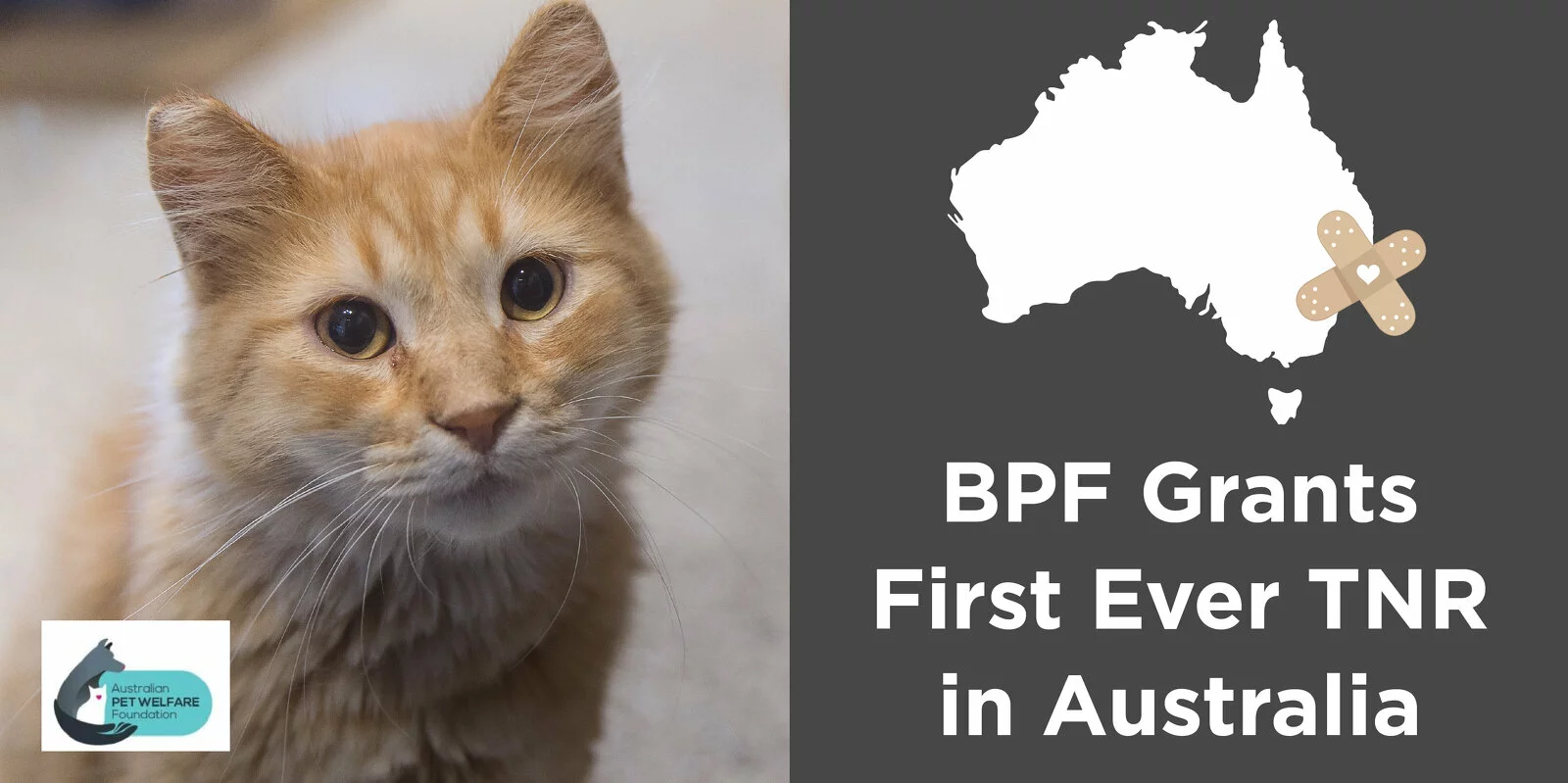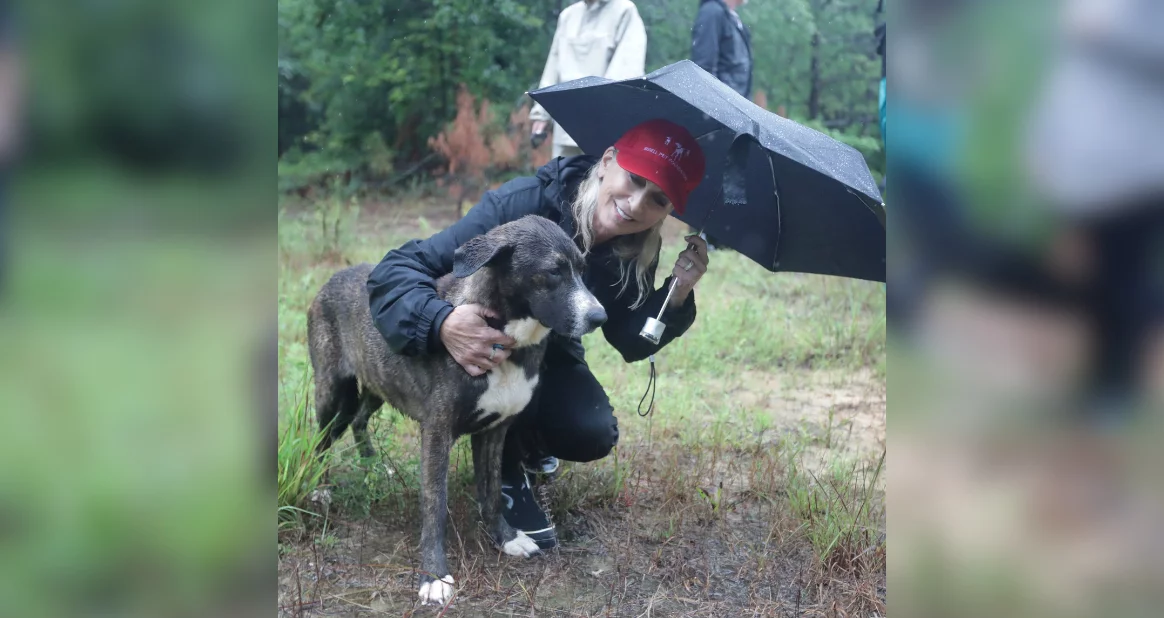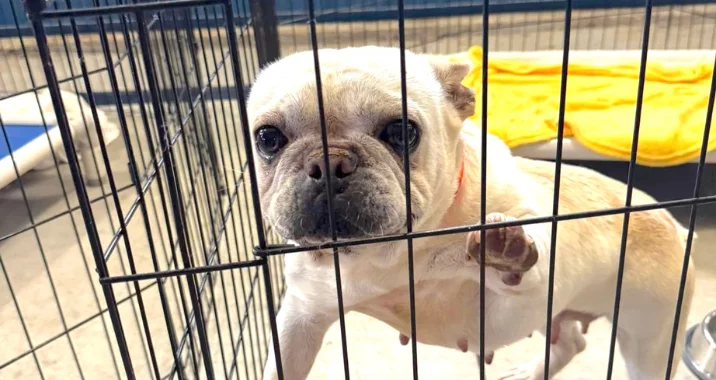BISSELL Pet Foundation Part of First Ever TNR in Australia
BISSELL Pet Foundation (BPF), in collaboration with Australian Pet Welfare Foundation (APWF), is undergoing the first Trap/Neuter/Return (TNR) – or Community Cat Program – efforts in Australia to help with the stray and community cat population. BPF awarded APWF $30,000 for the pioneer event with a goal of providing care to 1,200 cats. The Community Cat Program is the Australian organization’s way of managing cats humanely and scientifically to reduce the euthanasia rates of healthy and treatable cats in shelters and municipal facilities.
Prior to the recent permit issued by the Queensland State government for this project, these efforts were deemed illegal in the country. Unfortunately, stray cats in municipal shelters were euthanized – upwards of 50% – and are even considered a ‘biosecurity hazard.’ Thanks to the continuous efforts by APWF, the organization was able to receive special permission to begin work in Ipswich, Queensland, a large regional city with about 200,000 residents, most of whom are low income, and a high stray cat population.
The grant was awarded in April 2021, and the area is already seeing positive results from the safe and humane sterilization efforts. Not only is it alleviating the homeless pet population, but it is also helping to provide free spay/neuters for residents who otherwise could not afford the treatment. According to APWF, about 90% of residents polled said they had not previously sterilized their pet because of cost.
One respondent spoke about their pet cat and said, “We wanted to desex him for a great deal of time. Cost is the predominant reason (for not desexing). I think any programme that extends an offer to make desexing more affordable – that is to say, free – is worthy of the support on a national scale. It would lower damage to native wildlife.”
BISSELL Pet Foundation is excited to help collaborate on these groundbreaking efforts in Australia and the help it will provide the community.
In addition to Australia, BISSELL Pet Foundation is continuing its impact across the globe with additional TNR grants in The Netherlands and Germany, with more planned efforts in the future.




